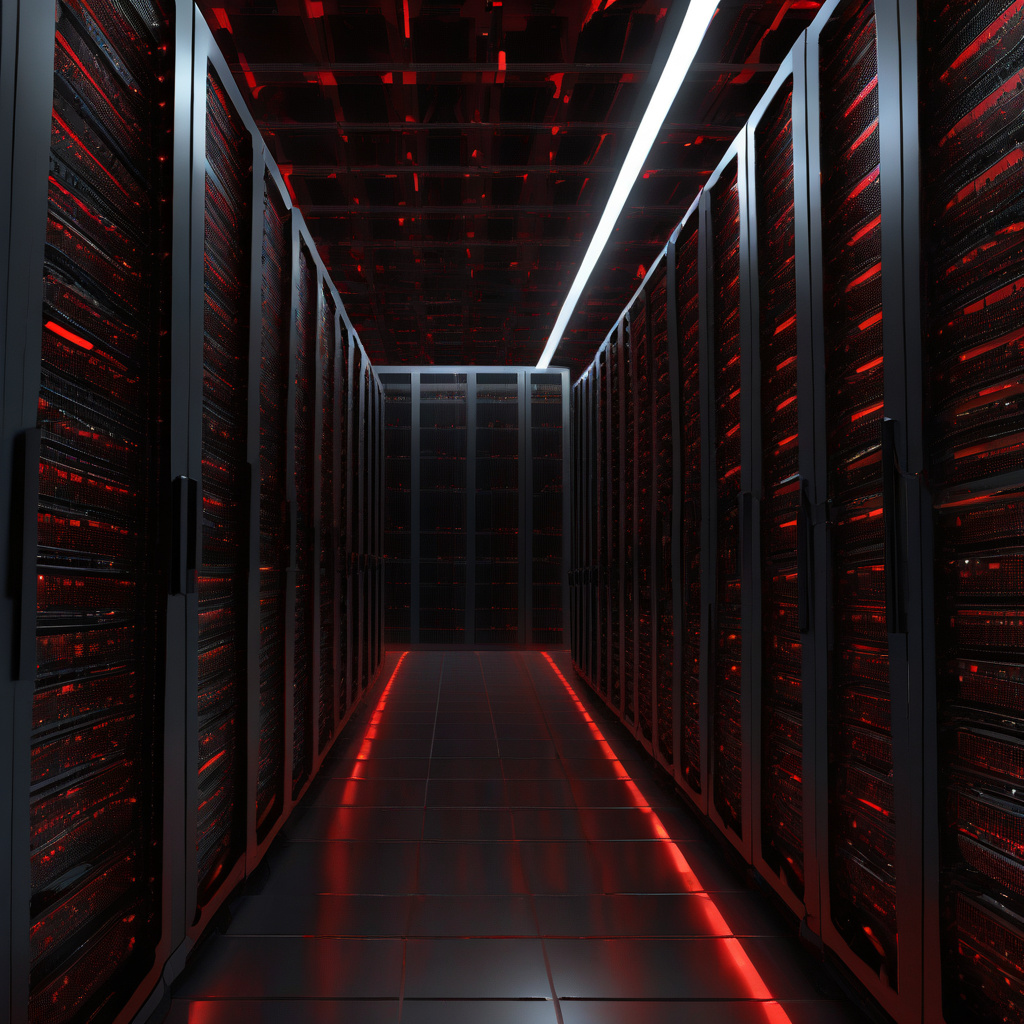The Impact of Server Outages: Understanding the Ripple Effect
Earlier this week, Amazon Web Services (AWS) experienced a server outage, causing over 1,000 websites to go offline. This incident sheds light on the critical role servers play in maintaining the online presence of businesses and services worldwide.
When a server goes down, the consequences can be far-reaching. First and foremost, users are unable to access the affected websites or services. Imagine trying to shop online, stream your favorite show, or access important information, only to be met with an error message. This frustration can lead to a loss of customers, revenue, and trust in the affected businesses.
Furthermore, the impact extends beyond just the immediate downtime. Search engines like Google may penalize websites that experience frequent outages, affecting their search rankings and online visibility. This can have long-term implications for the affected businesses, as recovering from a drop in search rankings can be a challenging and time-consuming process.
In addition to the direct impact on users and businesses, server outages can also have indirect consequences. For example, consider the case of a small e-commerce website that relies on AWS for its server infrastructure. If the server goes down, not only is the website inaccessible, but the company’s entire supply chain and logistics operations may also be disrupted. Orders cannot be processed, inventory cannot be updated, and customer inquiries cannot be addressed in a timely manner.
Moreover, the reputational damage caused by server outages can be significant. In today’s interconnected world, news of a major outage spreads quickly on social media and tech news sites. Customers who experience downtime may take to social media to express their frustration, further tarnishing the affected company’s reputation.
To mitigate the impact of server outages, businesses should invest in robust server monitoring and disaster recovery plans. Proactive monitoring can help identify potential issues before they escalate into full-blown outages, allowing IT teams to take corrective action swiftly. Additionally, having a solid disaster recovery plan in place can help minimize downtime and ensure business continuity in the event of a server failure.
In conclusion, the recent AWS server outage serves as a stark reminder of the importance of reliable server infrastructure in today’s digital age. The ripple effect of a server going down can be felt across businesses, users, and even the broader online ecosystem. By understanding the implications of server outages and taking proactive steps to prevent and mitigate them, businesses can safeguard their online presence and reputation in an increasingly interconnected world.

